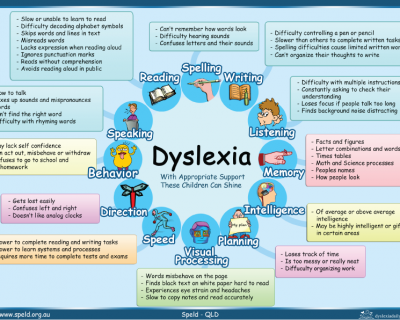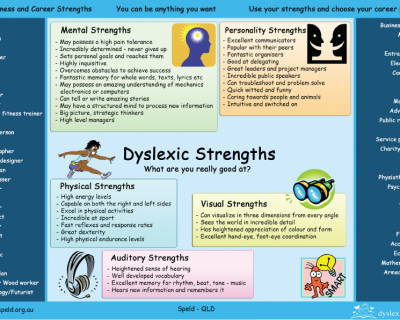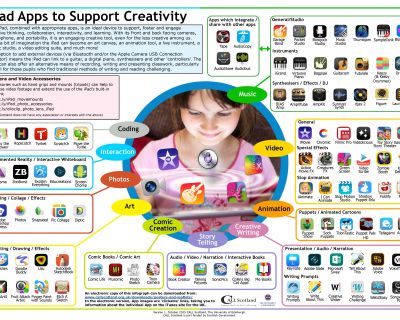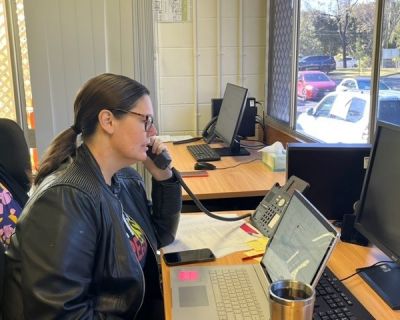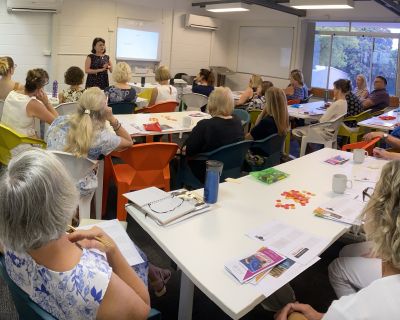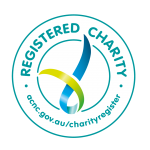Date:
9:00am, 31st Aug 2017 - 3:00pm, 31st Aug 2017
Presenter:
Dr Susan Galletly
Topic:
Reading
Venue:
Speld Qld, 141 Merton Road, Woolloongabba
Price:
$0.00 Members | $225.00 Non-Members | $0.00 Specialist Teacher
Event Details
Young Australian children need a very gentle start when learning to read. They need careful skilful instruction that ensures they experience very high rates of success during reading activities. High rates of success means children build reading skills effectively while keeping confidence high: children know they are doing well, learning clever concepts, and are reinforced in a positive reading identity: that they are clever and capable, and most definitely competent when it comes to learning to read.
Unfortunately, many children don’t get this strong positive start. And for many, this starts a downward spiral of Learned Helplessness: low skills, low confidence re being capable of learning to read, and increasing reluctance to engage in reading and reading activities.
Q: Why is it so hard for so many Australian children to learn to read? A: The ‘cognitive load crash’ of the high cognitive load of learning to read against the low processing capacity of young children.
The high cognitive load:Most nations use a highly regular spelling system (orthography), and this makes early reading development an extremely gentle process, because learning to read has such low cognitive load. As an example, Italian orthography is extremely simple (22 letters representing 25 sounds using just 33 spelling patterns): it’s so easy to learn to read Italian, that even children with major intellectual disability read and write words fluently.
In contrast, English has one of the world’s most complex orthographies: 26 letters representing 44 sounds using over 560 spelling patterns. Our orthographic complexity means learning to read words has very high cognitive load. This is a key factor in so many Australian children having difficulties learning to read.
The low processing capacity: Unlike the many nations where children begin school at age seven years, our children begin word reading instruction at age five years. Children’s working memory (processing capacity) at age five is very low. The combination of the low processing capacity of our young children, and the high cognitive load of what they are to learn, means virtually every Prep child is an at-risk reader, with potential to be overwhelmed by early reading instruction, should early reading instruction not be highly successful.
Achieving an effective gentle start for word reading: This one-day seminar explains the complexity of early reading development for Australian children, and details highly practical principles of effective word reading development for young at-risk readers.
The three pivotal components of reading are children’s Word Reading skills, their Language Skills and Reasoning, and their use of Reading Comprehension skills while reading. Studies of reading weakness in children in early schooling (Prep-Yr1) tend to find about 90% have Word Reading difficulties, while about 50% have Language Skills weakness (with 45% of children being weak in both areas).
This seminar focusses on Word Reading & principles of instruction ensuring a gentle effective start to early reading.
The seminar is suitable for Kindergarten, Childcare, Prep and P-3 primary-school teachers and teachers of older children with severe learning difficulties.
Attendees will receive a copy of Susan’s book ‘Phonological Fun’ plus photocopiable FunTiles for the book’s games.
Presenter:
Dr Susan Galletly is a teacher, speech pathologist, researcher and author who is passionate about enhancing literacy outcomes of students with reading difficulties, and has extensive experience working with these children. Susan is the author of Literacy Plus books and resources for teaching children in Prep to Year 2, and older children with word reading weakness.
Working with Central Queensland University (CQU), Susan is the author of CAMLIT (CQUniversity Accelerated Metacognitive Literacy Intensive Tuition), a middle-school literacy enhancement program now used in several states. Working with CQUniversity, Susan is a postdoctoral researcher in a project focussed on optiming reading instruction for at-risk readers in Prep to Year 3.
Susan has held positions in school leadership in the area of literacy, focussed on building school capacity through improved literacy outcomes. She is a past national President of LDA (Learning Difficulties Australia), and is involved in regional ALEA (Australian Literacy Educators Association) projects.
Susan’s Literacy Plus Newsletter is focussed on providing teachers with practical ideas for empowering reading instruction. Susan’s private SLP practice is focussed on school children with learning difficulties.
Important Notes
1 Payment is required prior to the date of the Professional Development Workshop in order to secure attendance and is not refundable.
2 Morning Tea and Lunch are included. Please email admin@speld.org.au if you have any dietary requirements as soon as possible.
3 This workshop contributes to the 10 Queensland College of Teachers continuing Professional Development Requirements. You will receive a certificate on the day of event.


